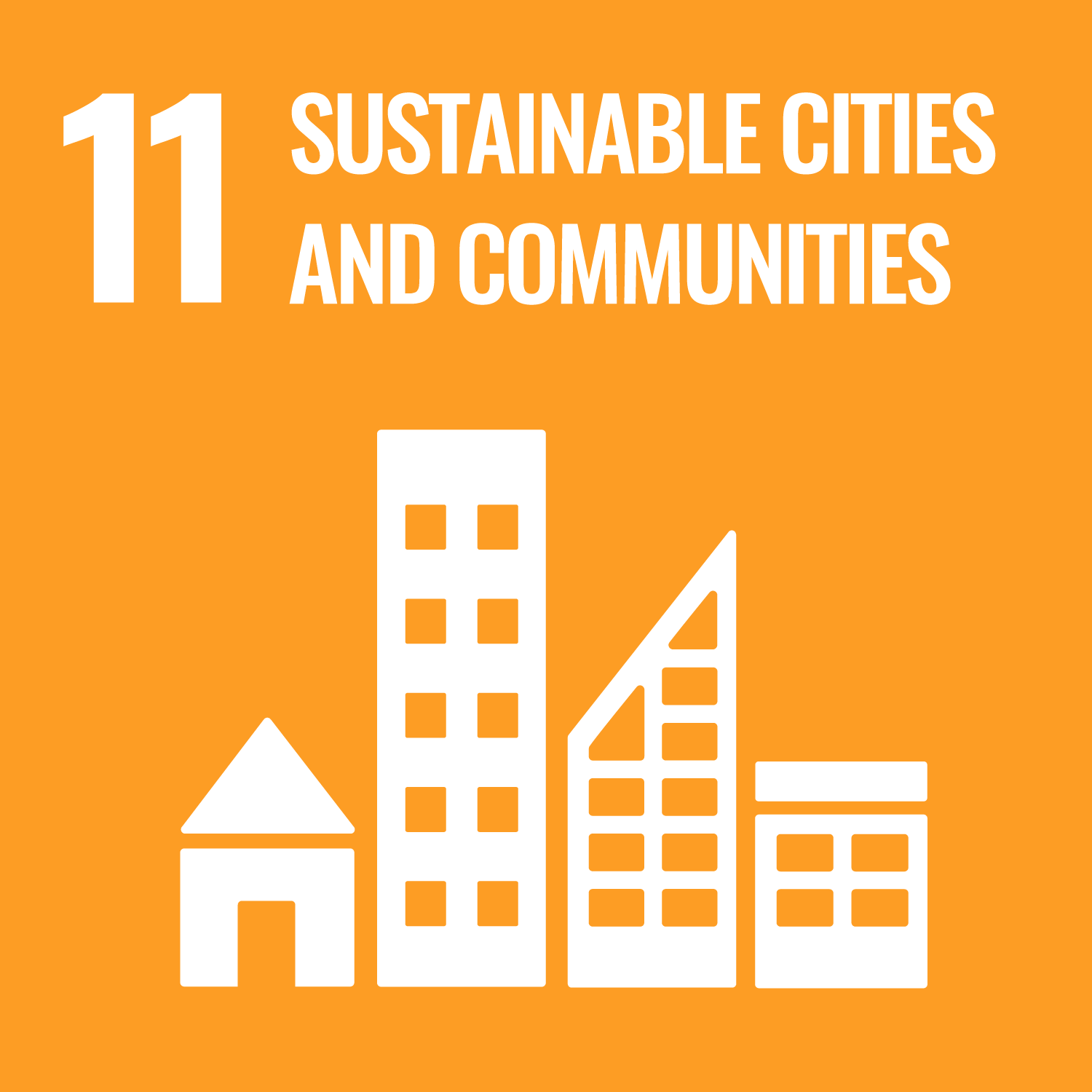ORCID
- Andrew Turner: 0000-0003-0505-4561
Abstract
Microplastics determined in surface water trawls from coastal waters around Plymouth, southwest England, ranged from 0.26 to 0.68 n m−3, with a decrease evident from the lower estuaries of the Tamar and Plym to areas in Plymouth Sound more remote from urbanisation. Microplastics were dominated by fibres of rayon and polypropylene and fragments of polyester and epoxy resins, with fragment concentration demonstrating a significant and positive linear relationship with concentration of floating and suspended matter retrieved by the trawls. Observations are attributed to the suspension of land-based (e.g., treated municipal waste) sources of textile fibres, and the flotation of land-based and in situ emissions of paints and resins from boating and shipping activities. The implied decoupling of microplastic transport based on shape and origin merits further investigation while the more general determination of floating and suspended matter concentration in microplastic studies is recommended.
DOI Link
Publication Date
2023-10-01
Publication Title
Science of the Total Environment
Volume
893
ISSN
0048-9697
Acceptance Date
2023-06-04
Deposit Date
2023-11-28
Embargo Period
2023-12-09
Recommended Citation
Higgins, C., & Turner, A. (2023) 'Microplastics in surface coastal waters around Plymouth, UK, and the contribution of boating and shipping activities', Science of the Total Environment, 893. Available at: 10.1016/j.scitotenv.2023.164695



